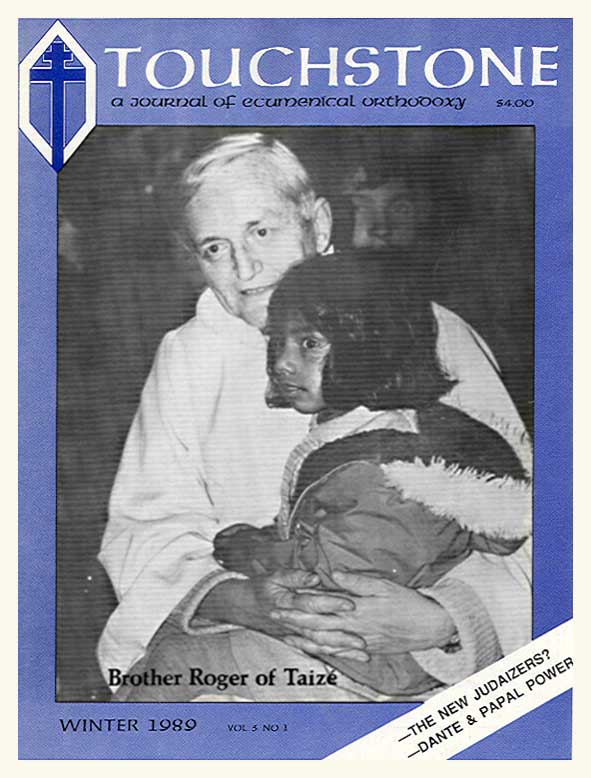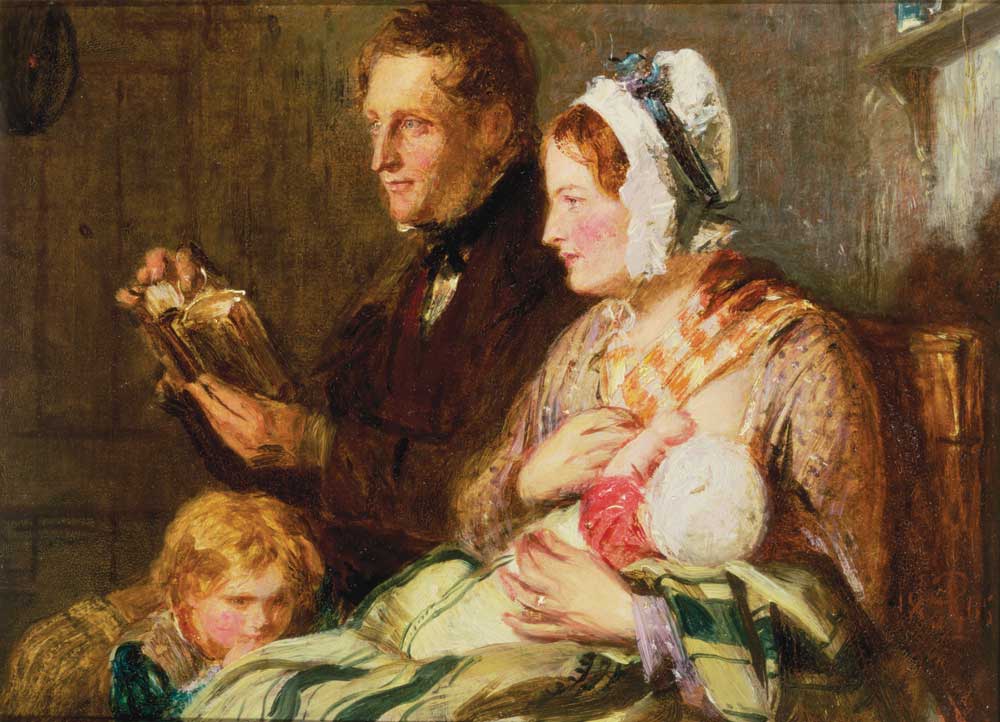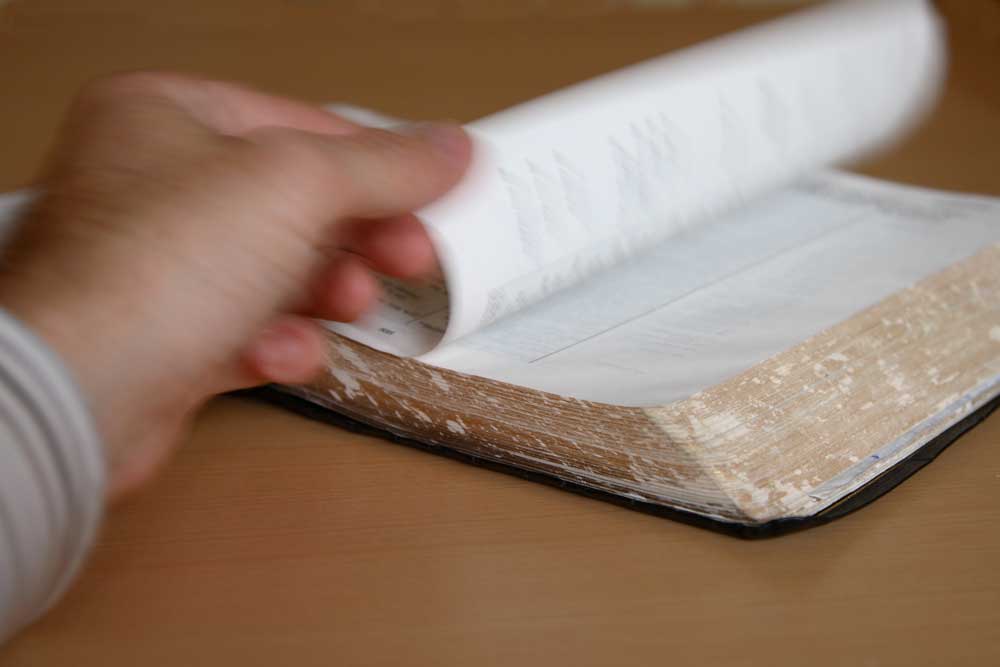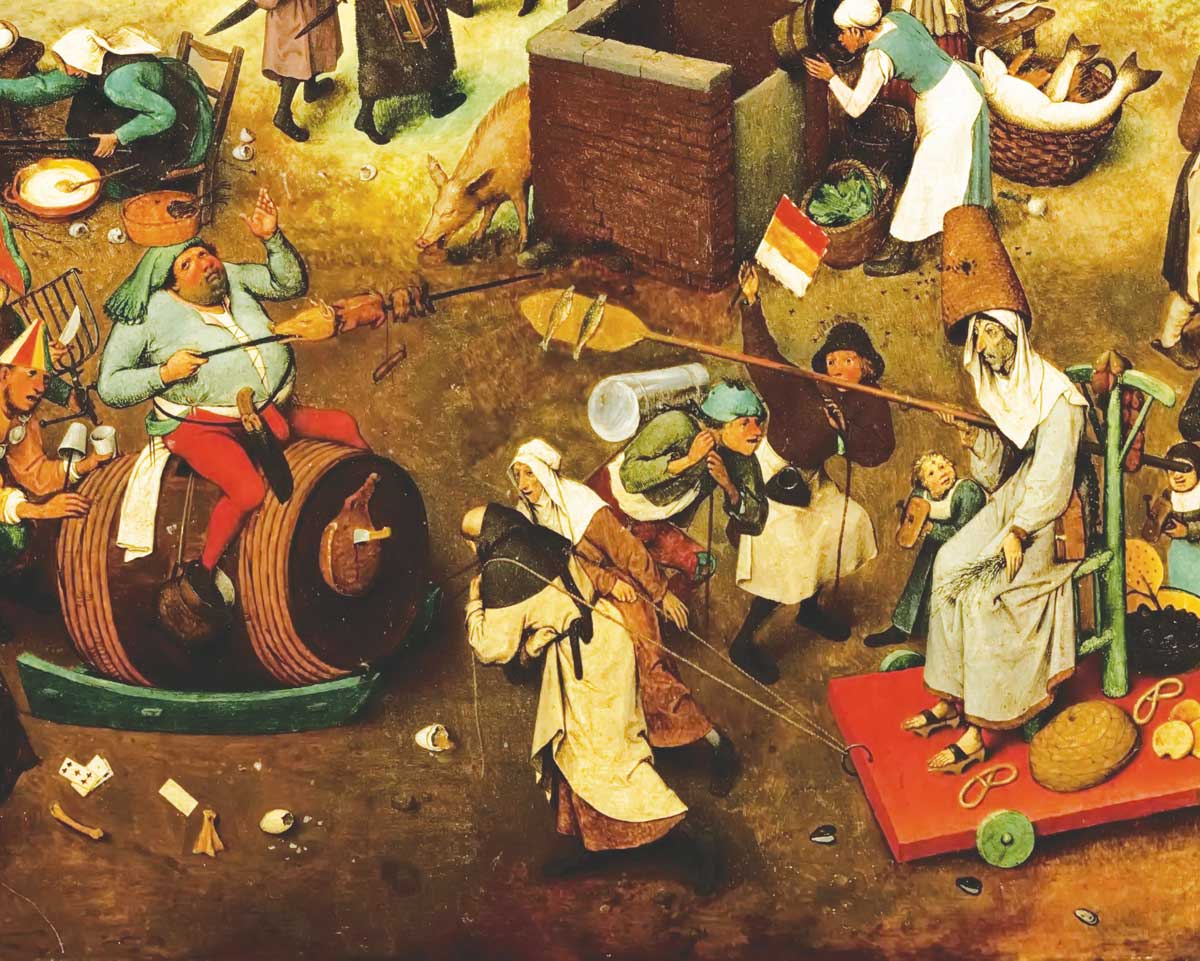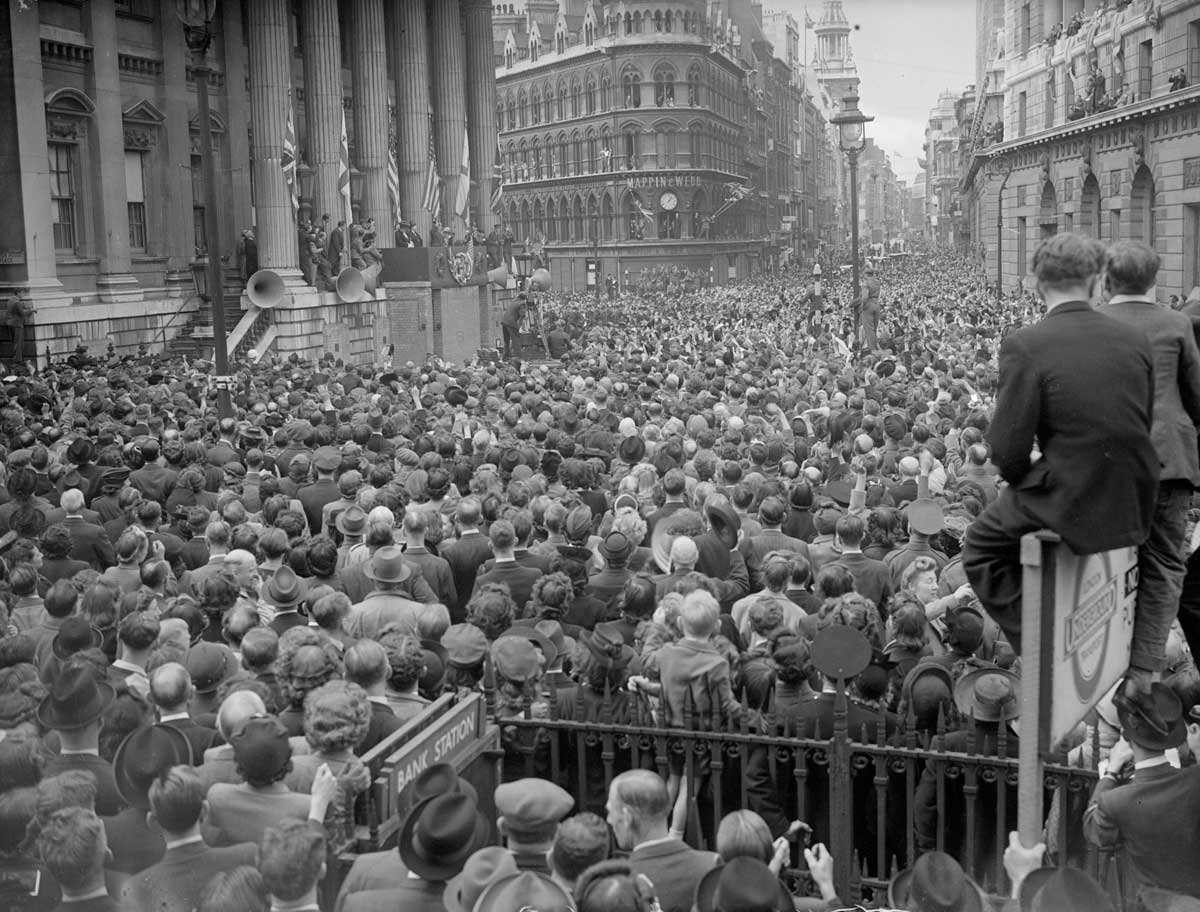Days of Trial
by Patrick Henry Reardon
Touchstone’s recent publication of “Six Conservative Views on Anglicanism after Lambeth ’88” provided a relatively extensive forum of expression not often available to conservatives in publications associated with their own Episcopal Church. Of the six contributors to that discussion, three were still solidly Episcopalian, two were Anglicans somewhat separated from the Episcopal Church, and one (myself) had already given up Anglicanism all together.
The six writers differed widely among themselves in a variety of areas, some of which could be called important, perhaps even foundational. Leaving aside the two dissenters, Bishop Clavier and Father Pasco, whose comments were similar and would have appeared orthodox and normal to any earlier generation of Anglicans, I propose briefly to glance again at the reflections of only the three Episcopalians themselves. Among these latter there is prominent a great uncertainty and disagreement about the divinely appointed sacramental structure of the Church—the ambiguity, in fact, to which I tried to draw attention in my own closing article.
T. John Jamieson argued for the traditional restriction of priestly ordination to the male of our species, urging that current departures from that practice render such ordinations invalid and call deeply into question the authenticity of subsequent Eucharistic celebrations in the Episcopal Church. Now I must say that such a perspective seems to me entirely at one with the plain meaning of the Lambeth Quadrilateral read in the light of every version of the Anglican Ordinal from the very beginning.
Unambiguously in opposition to that view, however, the next contributor, Alvin F. Kimel, Jr., reasoned that an insistence on a valid priesthood for a valid Eucharist is only a sort of Donatism and an unwarranted effort at justification by works.
Now I happen to believe that Father Kimel misunderstands Donatism, sacramental efficacy and the historic intention of the Anglican Reformers, but I will not argue here a classical Anglican thesis already competently demonstrated by, say, Dom Gregory Dix in his lucid little book on Anglican Orders. I have in mind only to signal the fact that already stands out in undisguised scintillation: that Mr. Jamieson and Father Kimel are radically and (let us be frank) hopelessly divided, at odds and antipodes, on the very nature of the ordained ministry and the sacraments. Each is espousing a position, the Christology, Ecclesiology and Soteriology of which stand 180 degrees at variance with the other.
These two godly men of deep convictions are representative of a courageous minority resolved to “stay and fight” the liberal takeover of the Episcopal church, whereas they are really not fighting for the same thing at all. Were it not for the current distraction with Liberalism, five consecutive minutes of sustained logic would compel them to mutual and mortal combat.
Ah, but from somewhere down in the bottomless valley separating these two litigants that have somehow gotten it into their heads that they are allies, there arises a mellifluous but uncertain note from that dear and devout trumpeter, John Throop, whom I am honored to count both a friend and an Israelite without guile. As executive director of Episcopalians United, Father Throop simply cannot take a definite, uncompromising stand on the matter that I have indicated, because that very organization resolutely cultivates a vagueness about it. In May of 1988, at the very moment when Throop’s office was mailing out a brochure pleading against the election of a female bishop, one of the original founders of Episcopalians United, Bishop Alden Hathaway of Pittsburgh, was publicly soliciting in favor of that step. I attended one of the first sessions of Episcopalians United and witnessed how little justification they had for assuming that name.
One is proud to have appeared in print with these five brave men. The raw courage of Clavier and Pasco is obvious and monumental. Jamieson, Kimel and Throop are also bold and valiant combatants, even if it seems to me that they are swinging in the air without landing very solid punches on places where it would count. But these are difficult days in Anglicanism, perhaps not least for those of us who, having painfully left its ministry, are soon bereft of employment, salary and the bulk of our pension. Even if one is persuaded that remaining in the Episcopal Church will prove spiritually suicidal, the nerve and mettle of those who do so can only elicit one’s prayerful esteem.
Patrick Henry Reardon is pastor emeritus of All Saints Antiochian Orthodox Church in Chicago, Illinois, and the author of numerous books, including, most recently, Out of Step with God: Orthodox Christian Reflections on the Book of Numbers (Ancient Faith Publishing, 2019).
bulk subscriptions
Order Touchstone subscriptions in bulk and save $10 per sub! Each subscription includes 6 issues of Touchstone plus full online access to touchstonemag.com—including archives, videos, and pdf downloads of recent issues for only $29.95 each! Great for churches or study groups.
Transactions will be processed on a secure server.
more on protestant from the online archives
more from the online archives
calling all readers
Please Donate
"There are magazines worth reading but few worth saving . . . Touchstone is just such a magazine."
—Alice von Hildebrand
"Here we do not concede one square millimeter of territory to falsehood, folly, contemporary sentimentality, or fashion. We speak the truth, and let God be our judge. . . . Touchstone is the one committedly Christian conservative journal."
—Anthony Esolen, Touchstone senior editor





